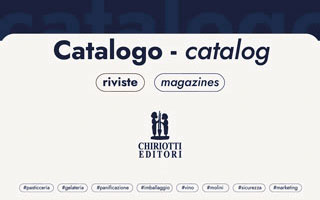
Today’s consumers are more aware of food health and safety than ever before. According to new research from Canadean Ingredients, sweeteners and their related health benefits and risks are becoming hot topics.
So how much do we actually care about what we eat – well a great deal it seems, according to new research by Canadean Ingredients. Between January and July 2013, close to 30,000 online articles, blog posts and forum discussions on sweeteners were analysed. Out of the three major sweetener brands, the majority of the articles were about the natural sweetener, Stevia (58%), whereas 28% were about Aspartame and 14% about Sucralose. This indicates that consumers have a greater interest in Stevia than the other two sweeteners.
Many of the articles analysed were about possible health risks of sweeteners such as the link to depression and memory loss. Most articles discussed obesity and its connection with diabetes, cancer and gut and digestive health issues. Aspartame in particular has been linked to both memory loss and cancer. An acclaimed study from Washington University School of Medicine, cited by 120 articles, raised the issue of Aspartame consumption leading to increasing brain tumour diagnoses. An article in the Daily Mail this year, linking artificial sweeteners with diabetes, was shared more than 4000 times causing a loud debate among health oriented consumers.
Consumers’ sentiment for sweeteners in social media
The Canadean Sweetener Project used a social media tracking system to measure online consumer sentiment surrounding the three sweeteners. According to the findings, consumers showed more positive feelings towards Stevia than Aspartame and Sucralose. Half of the online consumer discussions on sweeteners had negative sentiments on Sucralose. This was also the case for Aspartame, though the latter was also linked to positive stories such as ‘a healthy alternative to sugar’ and as ‘a means to weight loss’. Stevia was the sweetener with the most positive associations and only a few negatives; however, it is worth noting that this sweetener is still in a stage of being relatively unknown to many consumers.
Aspartame is losing dominance to Stevia and Sucralose
Data from Canadean Ingredients shows that Aspartame is rapidly losing its dominance in soft drink formulations to Stevia, Sucralose, Erythritol and Acesulfame Potassium. Within the next five years, the sweetener is forecast to face negative growth rates between 0 to -2% (about 8500 tonnes in 2018). Its main market will be powdered soft drinks in Asia, Latin America and Africa. Sucralose consumption in soft drinks is forecast to grow annually between 2 to 7% (about 1600 tonnes in 2018) and across most soft drinks categories. Standardised Stevia sweetener consumption has a steep growth of 12% with an estimated volume sale of 8000 tonnes in 2018.








